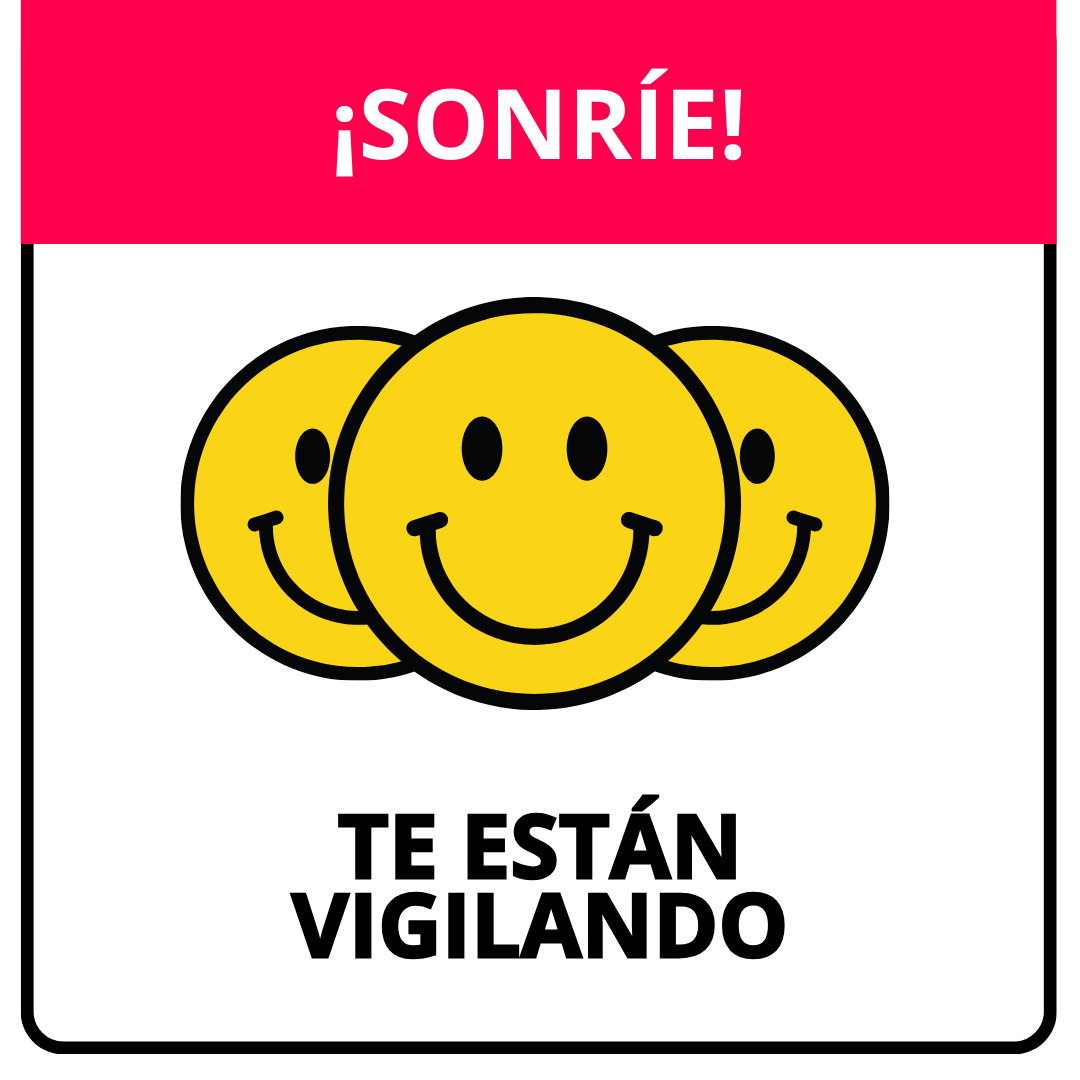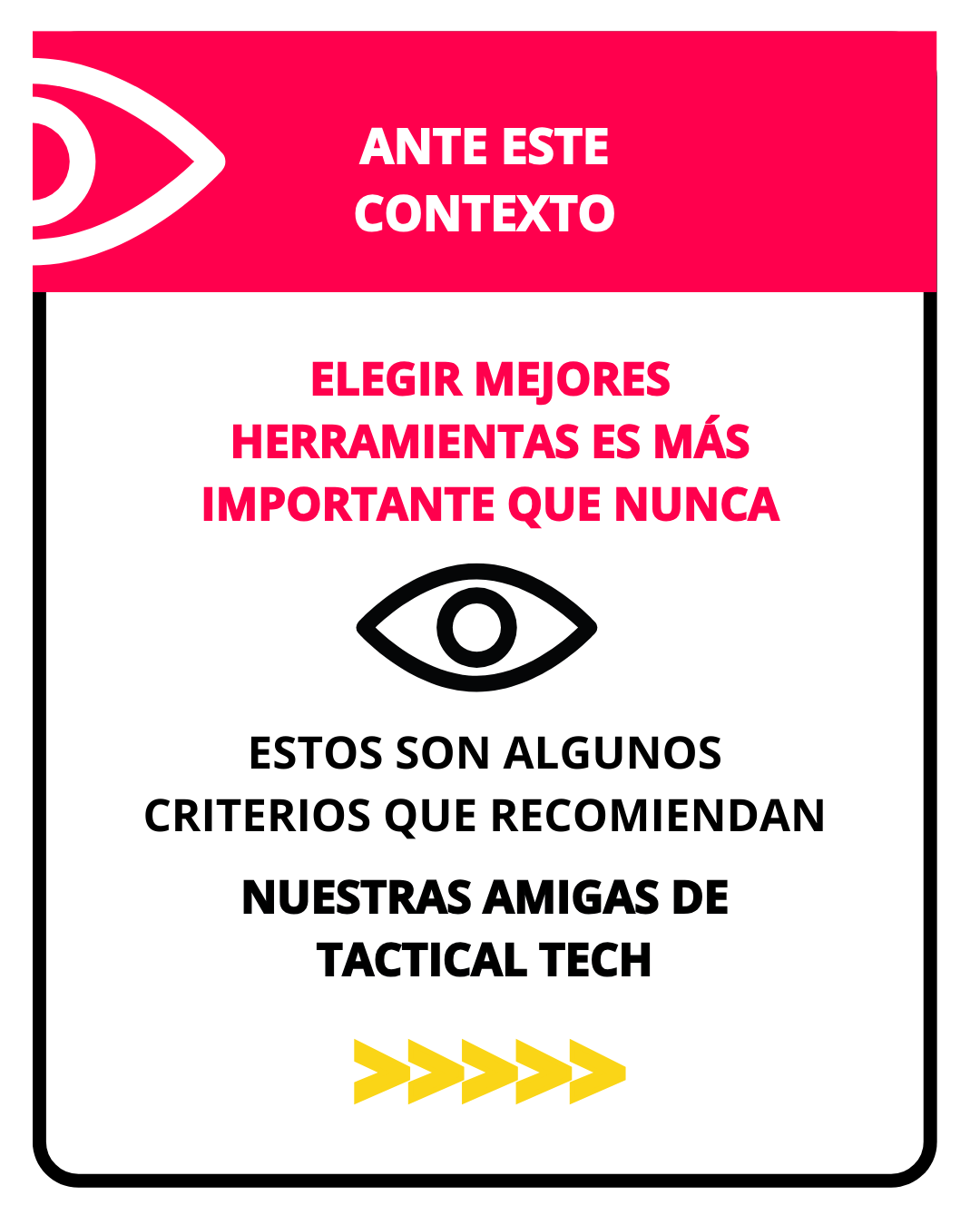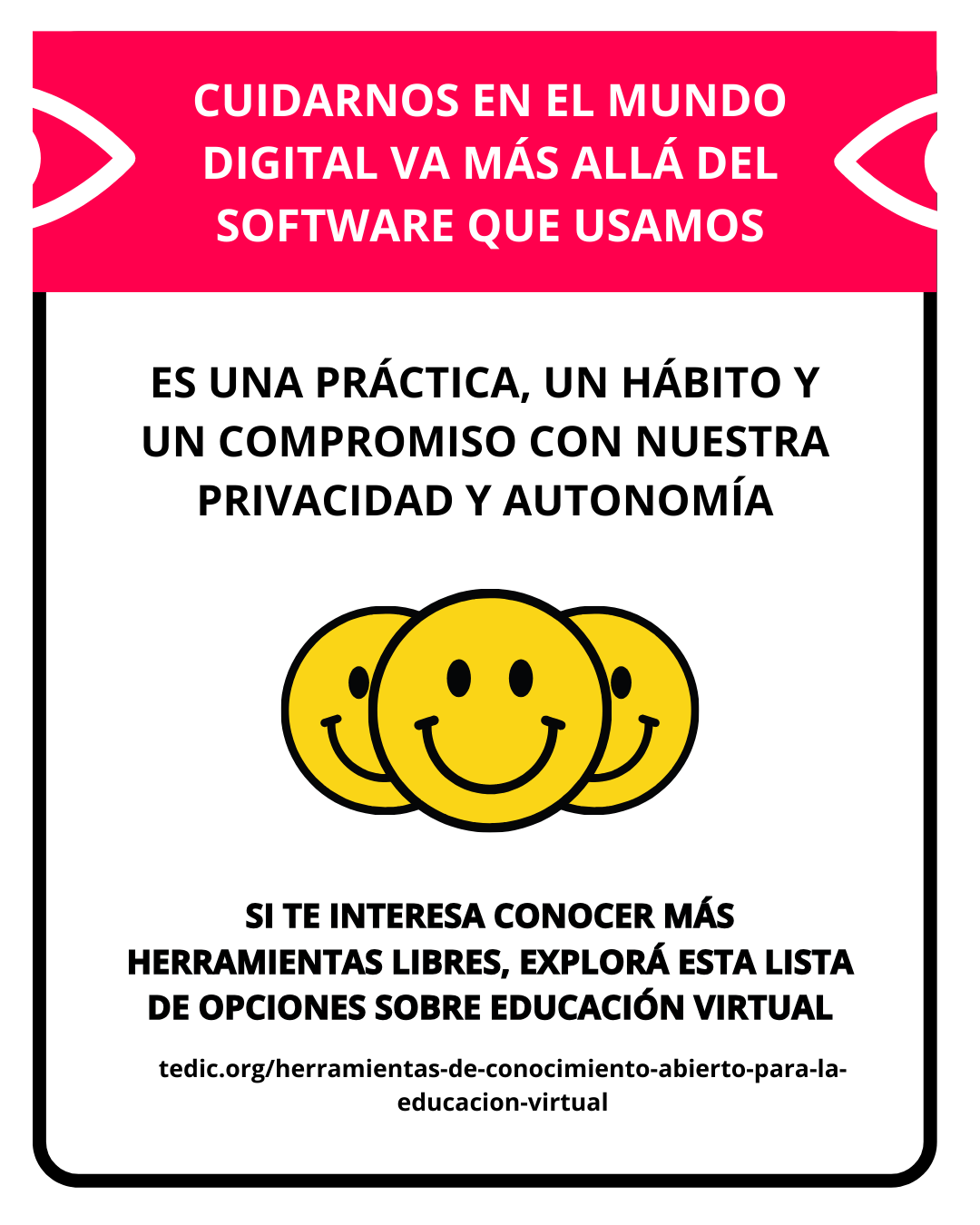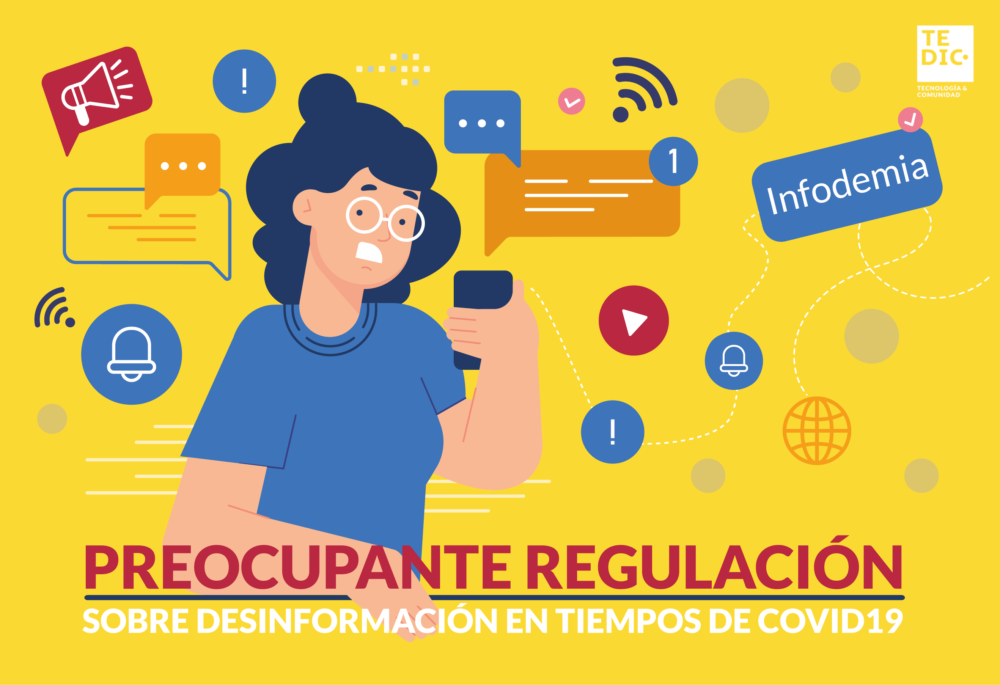
“Who controls the past controls the future. Who controls the present controls the past.” – George Orwell, 1984
When George Orwell wrote 1984, he may not have imagined that, decades later, his dystopia would be less of a distant warning and more of an uncomfortable mirror of our present. Although we don’t live under a single “Big Brother,” we are under the constant watch of a handful of companies that know what we eat, who we talk to, what we desire, and even who we vote for. Surveillance is no longer imposed only through fear; now it can be downloaded for free from any app store.

Source: https://orwell.fandom.com/wiki/Big_Brother
Smile, you’re being watched
We live in a world where almost everything we do online—from sending a message to saving a recipe—is monitored, collected, sold, or used to fuel algorithms that decide what we see, what we don’t, and what we believe. This is not science fiction; it is the business model of big tech companies.

Source: https://www.euronews.com
Today, just five major corporations—Alphabet (Google), Amazon, Microsoft, Apple, and Meta—concentrate the power to decide how we communicate, how we organize, and what tools we use to do so. This concentration not only limits our digital freedom but also puts our security, our privacy, and ultimately, our democracy at risk.
The effort is worth it
Choosing open-source tools is not (just) a technical decision. It is a political one, which often also involves certain privileges: time, access to information, technical skills, or support networks that not everyone has. It is about asking ourselves what model we want to support: one based on surveillance and data extraction, or one based on autonomy, transparency, and collective care.
Yes, change is hard. It requires effort. But it is the same effort that developers, activists, and organizations put into sustaining these free alternatives. And it is also the effort that our networks, workplaces, and projects deserve.
As in 1984, the fight is not only against a system that surveils but also against the normalization of that surveillance.
Tools to build a different future
Below, we share a list of open-source and secure tools that we at TEDIC use and that you can start using today. Some are ideal for personal use; others are perfect for organizations that want to stop depending on proprietary services. They are not “more difficult”; they simply require a different type of commitment and organization.



Communication
- Less WhatsApp, more Signal
Why switch to Signal? - Less Slack, more Element (Matrix)
The messaging of the future is here
Storage, Analytics, and Data Collection
- Less Google Drive, more Nextcloud
A cloud for your organization - Less Google Forms, more LimeSurvey
More control over your surveys - Less Google Analytics, more Matomo
Metrics without surveillance
Browsing and Security
- Less Chrome, more Firefox or Tor
Firefox | Tor Browser - Less BitLocker, more VeraCrypt
Protect your information - Less Google Password Manager, more KeePassXC
Offline password management
- Less Gmail and Hotmail, more ProtonMail, Riseup, or Thunderbird
Secure email options
Video Calls
- Less Zoom and Meet, more Jitsi and BigBlueButton
Secure video calls for everyone
Operating Systems
- Less Windows or macOS, more Debian, Mint, or Ubuntu
Explore GNU/Linux
Social Networks
- Less X, more Mastodon and Bluesky
Decentralized platforms where each community sets its own rules. No algorithm tells you what to think.
Infrastructure and Hosting
- Less Amazon Web Services, more Mayfirst
Cooperative digital infrastructure
It’s not just about tools
Switching software is not enough if we do not also change the way we organize and think about the digital world. We need to build safe and autonomous spaces from the very design of our practices: how we work, how we communicate, how we host our data. Digital security is not a product to be purchased; it is a habit that requires our organizations and activism to work collectively.
Mass surveillance is not an inevitable destiny. We can choose a different path. We can build alternative ways to inhabit the internet. It may not be easy, but neither is sustaining surveillance as the norm.
If you want to keep exploring free alternatives, you can check out this list of tools for virtual education or write to us so we can continue thinking together.
This publication has been funded by Bröt für die Welt. Its content is the sole responsibility of TEDIC and does not necessarily reflect the views of Bread for the World.


 Worrisome regulation on disinformation in times of COVID19
Worrisome regulation on disinformation in times of COVID19